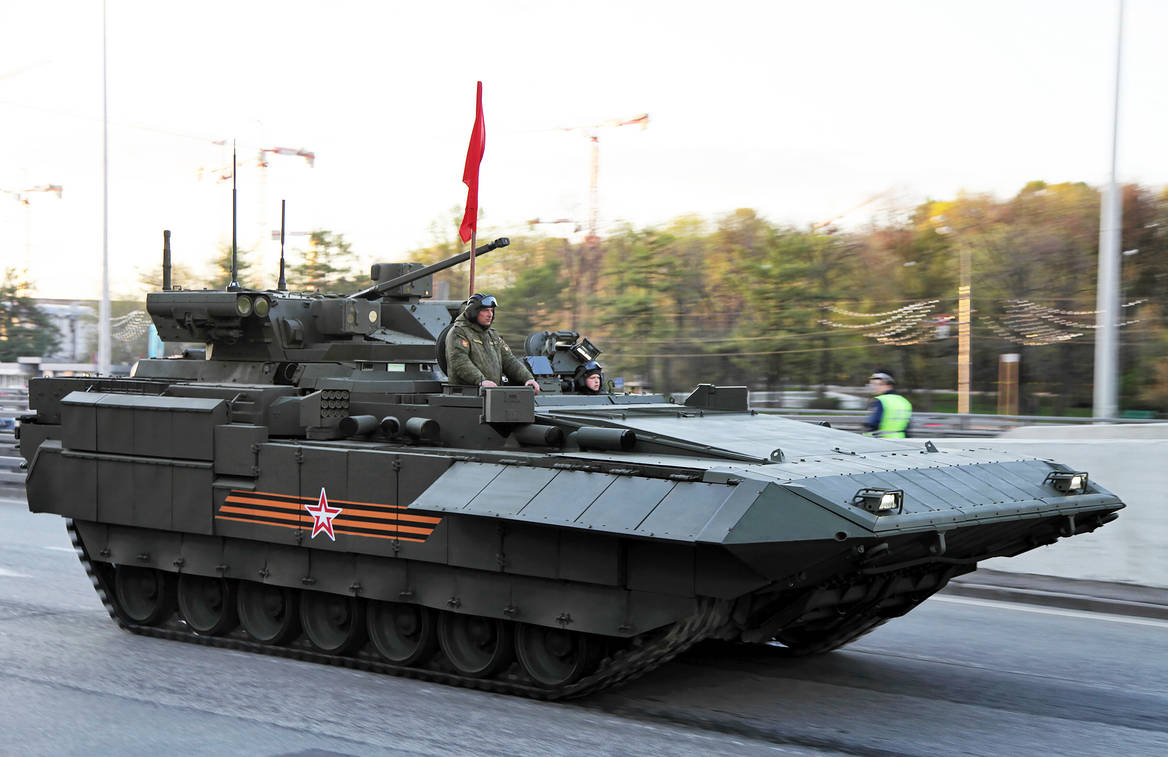Russia Confronts NATO: Confidence-Destruction Measures
Dr Igor Sutyagin argues that while Russia's recent military modernisation constitutes an important change in its own right, the most significant change is not to the size of the Russian military but to the nature of its forces: instead of being primarily structured for defensive operations (in case of a hypothetical large-scale military conflict), the Russian armed forces are now gaining an offensive-oriented structure, with capabilities tailored for large-scale war.
Over the last few years, the Russian military has been undergoing a very visible active modernisation. The most significant change has not been to the size of the Russian military but to the nature of its forces, which has now gained an offensive-oriented structure, with capabilities tailored for large-scale war.
Despite the painful military reforms undertaken after the dissolution of the Soviet Union, the Russian General Staff have managed to preserve the core expertise related to planning large-scale conventional military operations. The country’s military involvement in Ukraine (and later in Syria) demonstrated its ability to prepare and conduct – with the use of integrated conventional and sub-conventional means and tactics – precisely these types of operations. The retention of this capability on the Russian side clearly contrasts with the overwhelming concentration on counter-terrorism, peacekeeping and humanitarian operations that have been the main emphasis of Western militaries over the last fifteen years, to the detriment of their ability to conduct large-scale conventional operations.
Russia possesses both the means to conduct large-scale offensive operations in Europe and the planning skills and expertise necessary for the preparation and fulfilment of such operations. Combined with the Russian political leadership’s obvious willingness to use these capabilities in an aggressive manner outside its frontiers – as manifested by the annexation of Crimea and subsequent destabilising actions in Ukraine’s eastern regions, as well as the extensive military intervention in Syria – Russia’s military build-up raises serious concerns about the stability and security of the European continent.
Russia’s divisive and confrontational policy is likely to remain in place for the foreseeable future: Moscow has invested so much in creating these new military formations and infrastructure that it would be extremely difficult to reverse the direction of travel. As a result, Moscow’s political-military leadership will not be able to abandon this policy any time soon, even if they desired to do so.
A certain level of confrontation will remain part of Russia’s approach for the time being, and the West should be ready for this. The West needs to wake up to the fact that its relationship with Russia is no longer characterised by co-operation; rather, it is characterised by confrontation. While this does not imply that regaining capabilities to conduct large-scale conventional operations is the only possible response for NATO, it does mean that NATO should consider rebuilding its forces in certain areas to regain the credibility of its defence guarantees in response to Russia’s new military capabilities. This is no longer a matter of choice, but of necessity.


